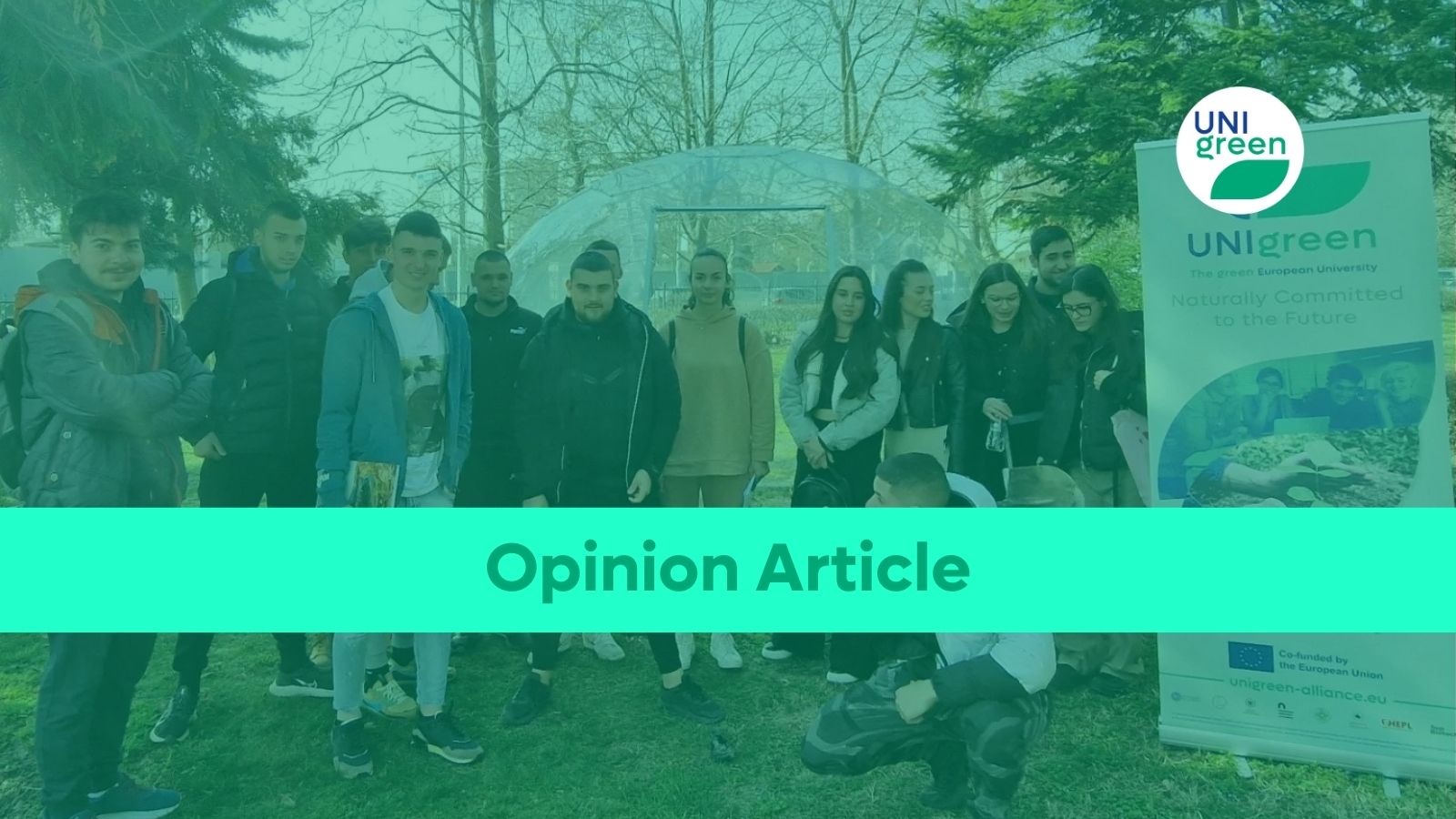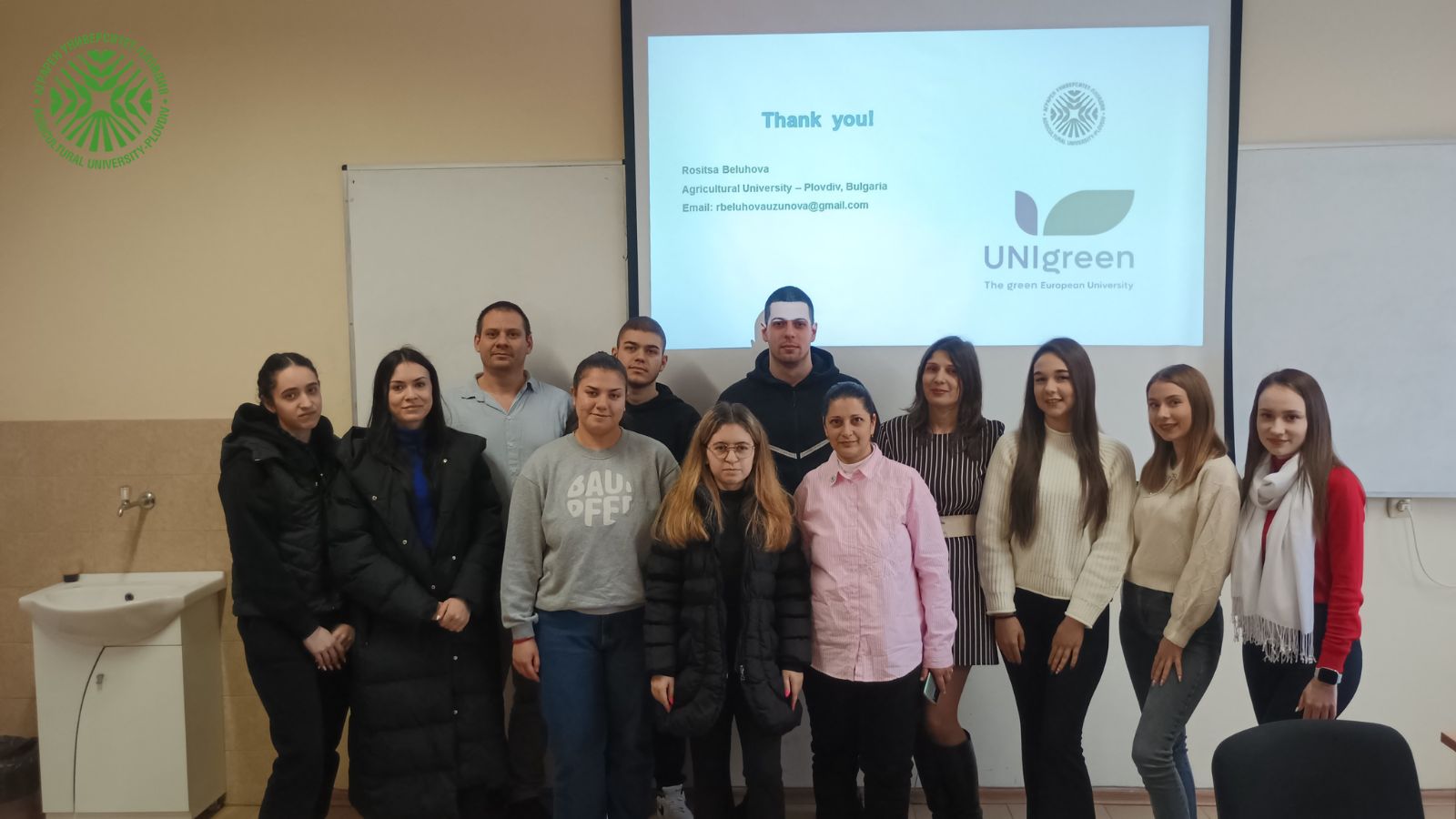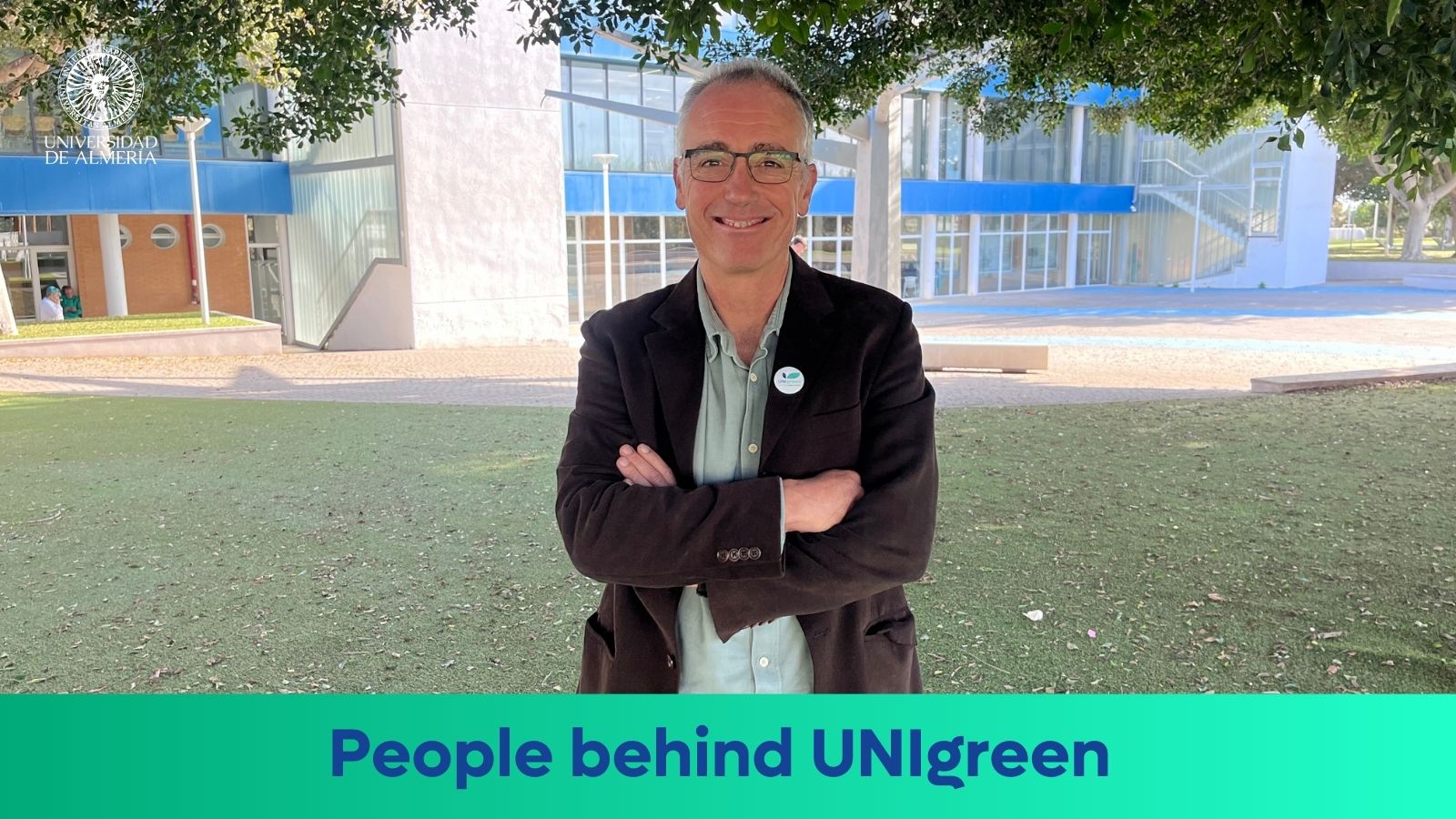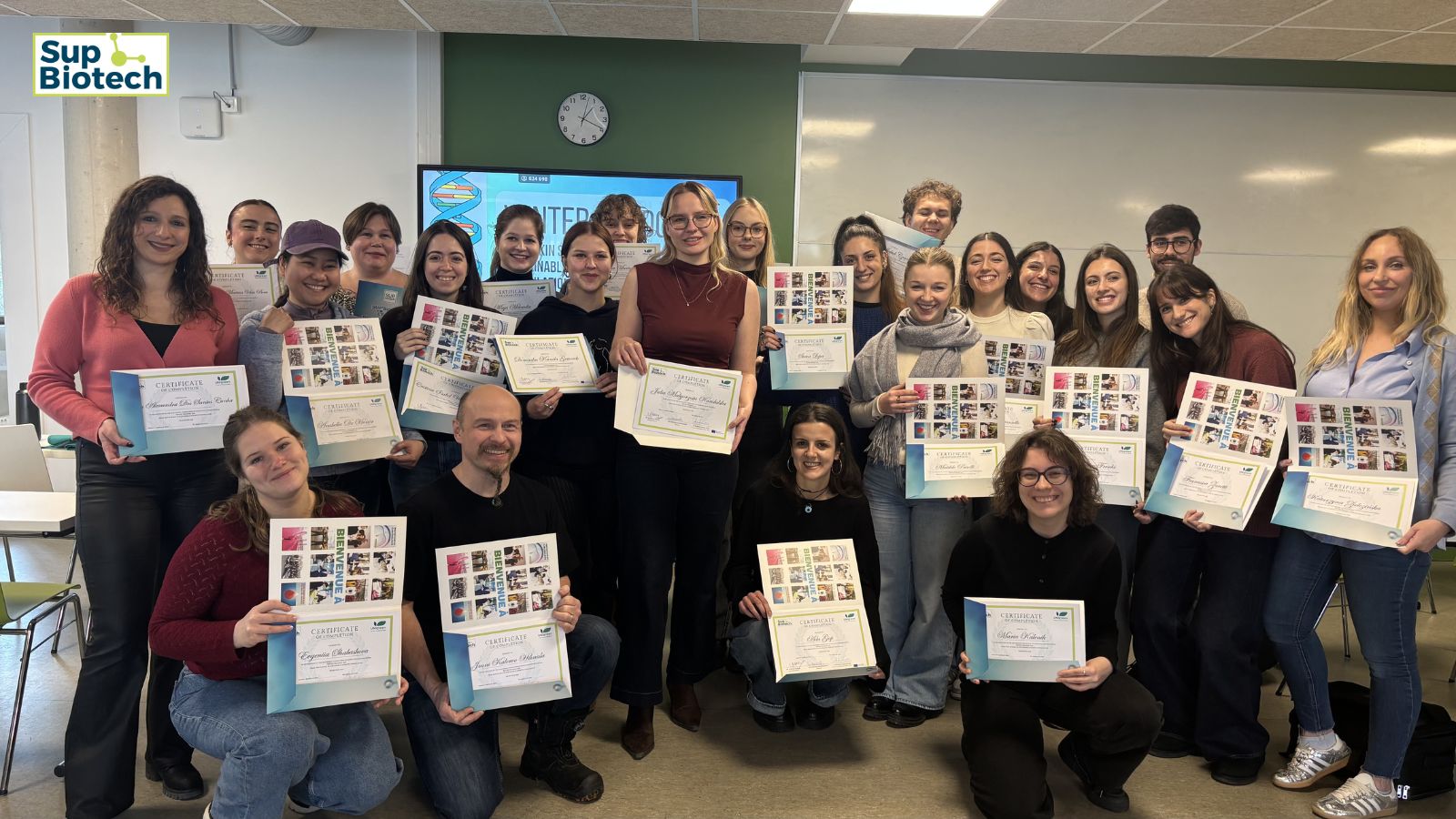The vision of UNIgreen about research, development and innovation is that by 2026 UNIgreen is recognised in Europe and internationally as a green university promoting the green transition of the Alliance toward establishing an environmentally friendly, resource efficient and climate neutral European University that significantly impacts the achievement of the European Green Deal and UN Sustainable Development goals.
The UNIgreen Green Strategy is working to implement this vision by setting up the highest standards for promoting the green transition of the Alliance Higher Education Institutions (HEIs).
The Alliance Green Strategy sets up a 3-year intervention plan of initiatives towards transformation actions in 3 main areas (pillars), namely: Infrastructure & Resources; Administrative Management, Teaching & Learning; and Community Engagement and Awareness.
Now, when the UNIgreen is completing its second year, we answer the questions:
Are we aligning with societal needs?
UNIgreen has an acting Green Transition Unit of the UNIgreen Joint International Centre (JIC) that brings together a multidisciplinary team of experts supporting the implementation of the UNIgreen Green Strategy.
A Roadmap for the Green Transition of the UNIgreen outlines processes and interventions, which boost the UNIgreen impact and visibility in pursuing a climate-neutral, environmentally sustainable, and socially equitable Europe.
UNIgreen successfully promotes cooperation, knowledge and innovation transfer between Teaching, Research, Business, and Industry by integrating green instruments and strategies in its Knowledge Triangle Programme.
Do we communicate efficiently to society
The strategy aims at dissemination & diffusion of innovative green solutions & concepts in the local communities. Some examples are:
- Tree planting initiatives UNIgreen Day – environmental awareness & community involvement
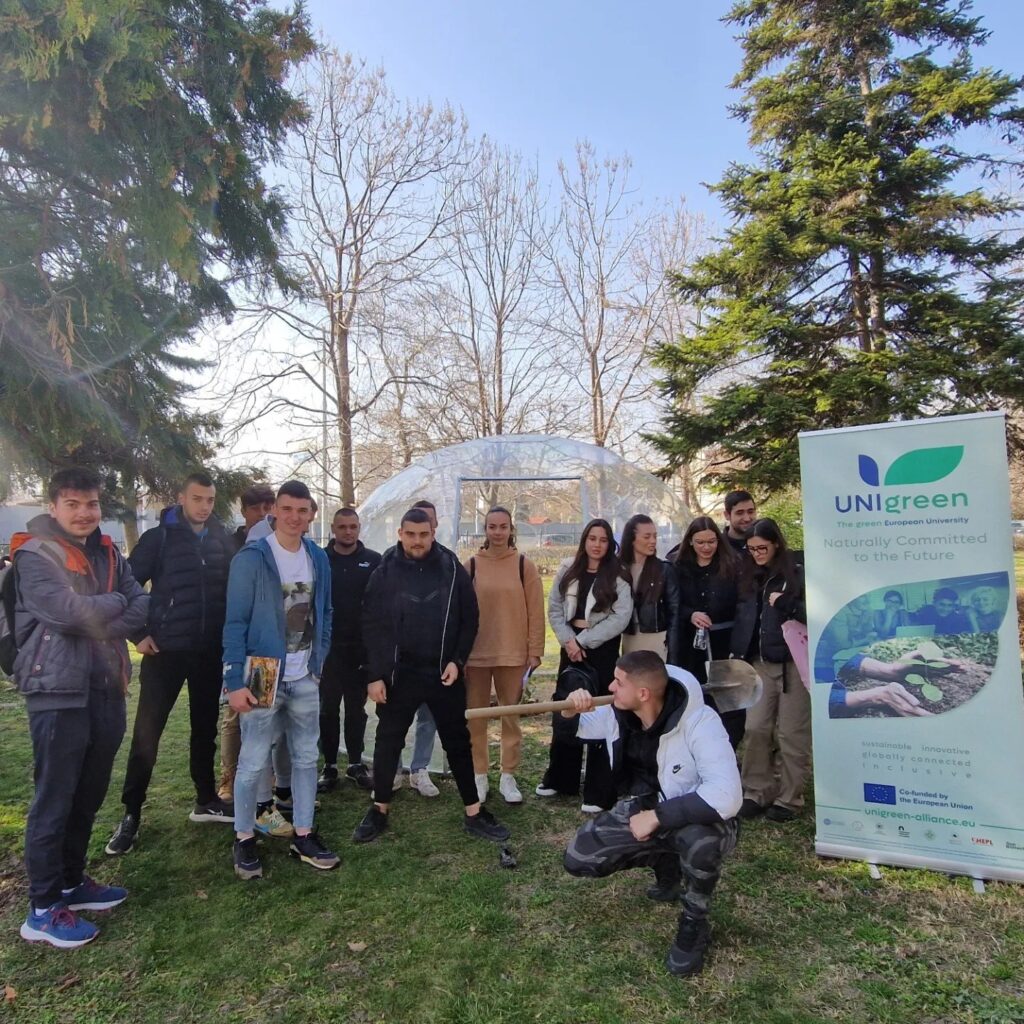
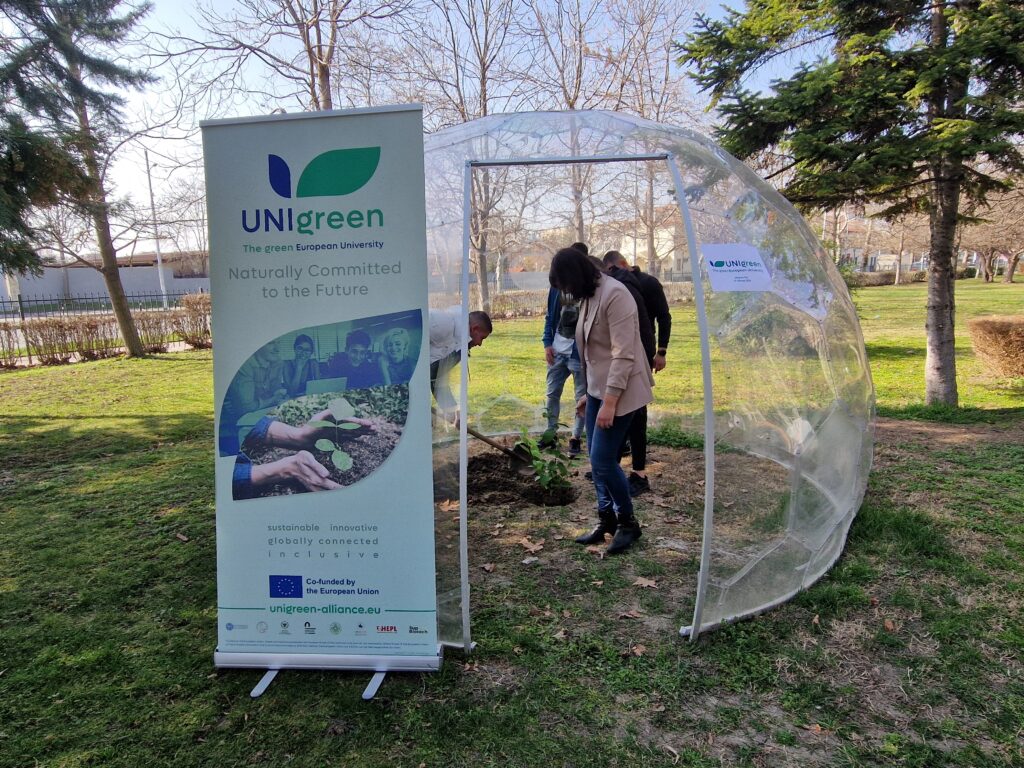
- Green Campus Event at SGGW, Warsaw University of Life Sciences (Poland)
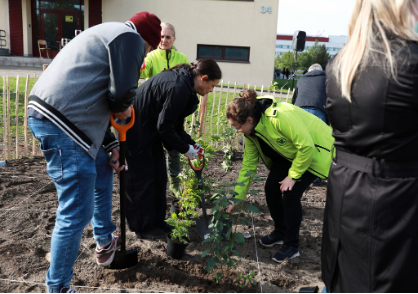
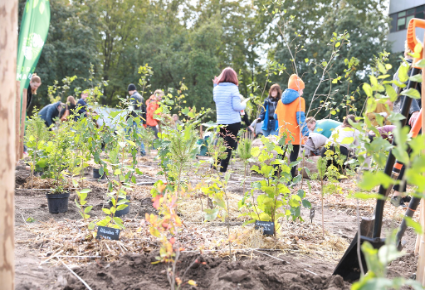
- Collaboration between Agricultural University of Plovdiv and Municipality Brezovo in Bulgaria by building and operating an Advisory Centre for organic agriculture, animal husbandry and beekeeping.
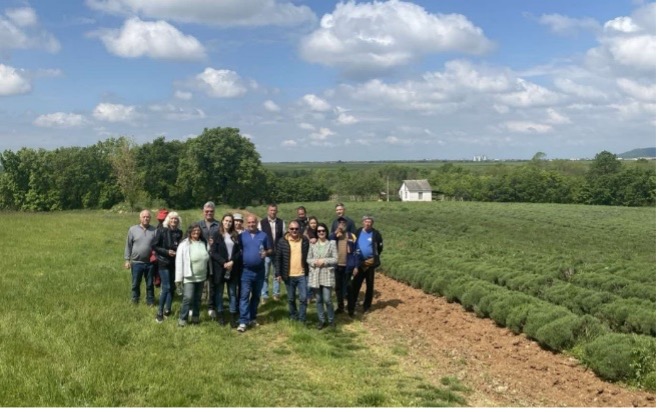
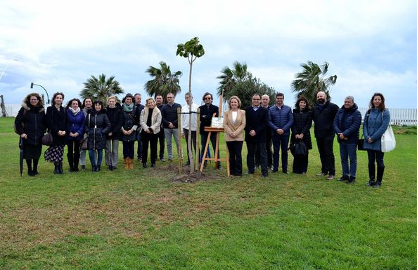
- Job Summit IPC & Science2Bussines: Polytechnic University of Coimbra (Portugal) event promoting employability & knowledge transfer, attended by 350+ students + 50 recruiting companies of different sectors.
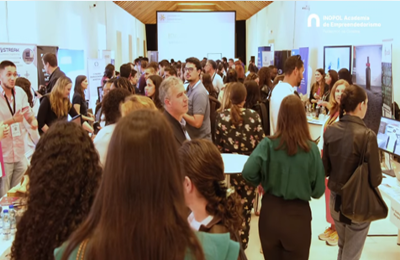
UNIgreen successfully demonstrates a model of knowledge and skills transfer generated by the UNIgreen researchers carrying out interdisciplinary scientific and development projects incorporating the ecology and climate issues for sustainable development.
The UNIgreen Ecological Footprint Compensation Programme is operating with different initiatives towards promoting the environmental sustainability of the Alliance.
The UNIgreen Green Strategy aligns its instruments with the Alliance Internationalisation Strategy, aiming to increase the formal knowledge transfer by increasing the number of international publications by UNIgreen researchers and PhD students and candidates, especially in green topics related to ecology and society. By 2030, the Alliance aims to achieve the ambitious goal of providing different forms of green mobility to its students.
Do we reflect the society signals?
UNIgreen successfully integrates instruments for facilitating smooth students’ transition to the labour market through skills alignment and soft skills development. First, there was an Analysis of the labour market demand for (practical & green) skills and then new courses/subjects with practical & green components in the Alliance HEIs curricula to acquire skills & learning outcomes in the domain Sustainable Agriculture, Green Biotechnology and Environmental and Life Sciences was suggested.
- Development joint BSc, MSc, PhD programs in Science, Technology and Agri-food Biotechnology and suggesting and observing adoption of green topics, related to the EU Green Deal and the SDGs. The UNIgreen International Doctoral School offers PhD mobility for specialisation and advanced knowledge of PhD students and PhD holders, such as seminars, workshops, open courses, mentoring and financing that are targeting green topics relevant for ecology and society and using a multidisciplinary approach.
- Ease the access the to the labour market for graduates by observing industry guests-lecturers in classes e.g. part of UNIgreen study programs or UNIgreen HEIs and business experts on knowledge transfer & IPR, Business-Angels network sponsored by UNIgreen, jointly design and implement (business or industrial innovation) collaborative projects with business partners, support to early-stage and established entrepreneurs in the UNIgreen domain through training, mentoring and financing, thus complementing the SURES Programme, Challenge labs – competitions for business ideas experimentation & collaboration, promoting brainstorming & peer exchange, presenting student business projects (within the Alliance and internationally), Access to mentors (business, researchers, professors, entrepreneurs, alumni), with a special focus
The implementation of the UNIgreen Green Strategy will lead to:
- Extended national & EU funding for “greening policy” of the Alliance & its initiatives
- Promote greening of the HEI campuses
- Adapting the Knowledge Triangle Program with green business
- Lower the ecological footprint by green mobility & alternative sustainable heating sources, promoting digital tools & virtual forms of learning, working & mobility, promoting awareness of EU sustainability plans at institutional scale, use sustainable means to compensate CO2 emissions & address climate change.
About the Author

This article was written by Prof. Vladislav Popov from Agricultural University of Plovdiv, Bulgaria.
Prof. Vladislav Popov, PhD is an acting Professor at the Dept. of Agroecology at the Agricultural University of Plovdiv, (AUP), Bulgaria. Lecturer at the AUP since 1996. Internationally recognised researcher, expert and adviser, experienced in leading high-profile (inter)national R&D projects in agroecology, organic agriculture and bioeconomy in the EU-27, Balkans, Caucasus, Central Asia and East Africa. Bulgarian delegate in the Standing Committee of Agricultural Research (SCAR) at the European Commission (EC) and a Vice-Chairman of the LifeWatch ERIC. A National Coordinator and Chairman of the Executive Board of the National Scientific Programme (NSP) of the Ministry of Education and Science (MES) of Bulgaria “Healthy Foods for Strong Bioeconomy and Quality of Life” (2018-2023) and NCP “Smart crop production” (2021-2024). Expert of the European Training Foundation, the EIT-Food and the FAO. An author of 100+ scientific publications, books, manuals, etc. A coordinator of the UNIGreen University Alliance Work Package 6 “Transfer of knowledge, society and ecology”.

